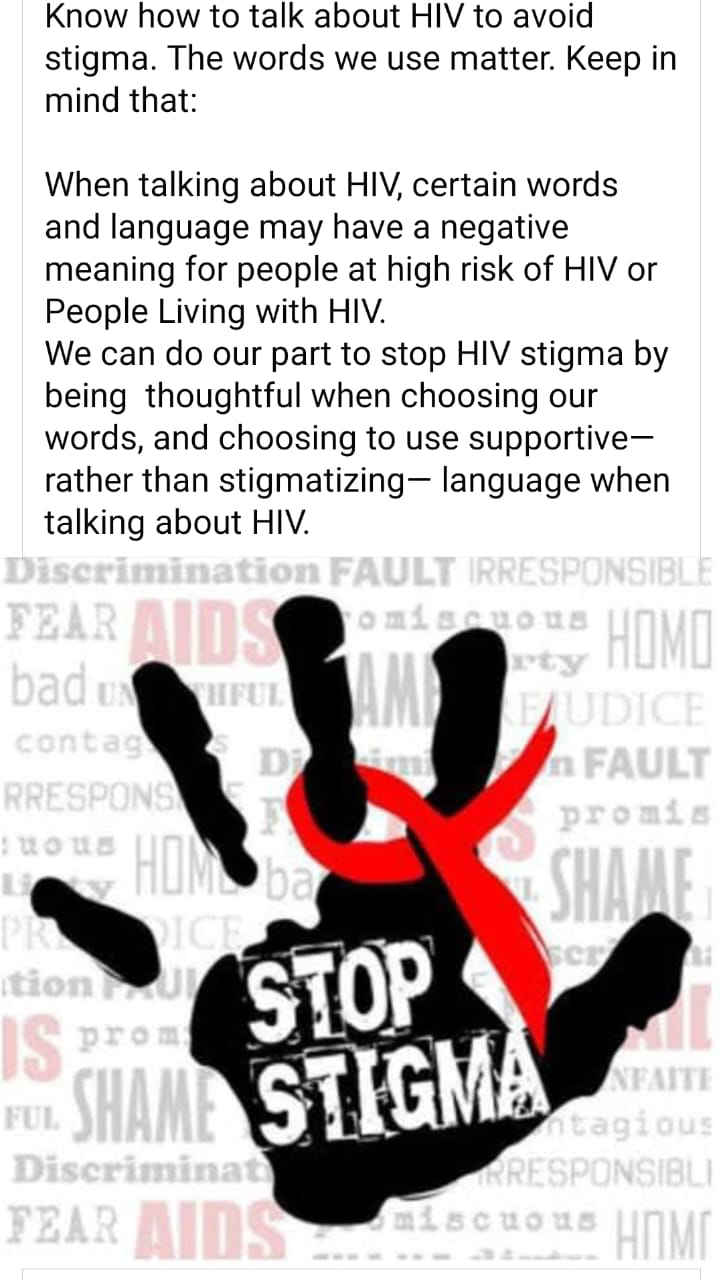Kenya is currently facing a significant political upheaval, driven by the controversial Finance Bill 2024. The bill has sparked widespread protests and unrest, with the nation witnessing unprecedented demonstrations. The sheer scale of these protests, the largest in East Africa's history, underscores the deep-seated discontent among Kenyans regarding the government's policies and economic decisions.
The most striking aspect of these protests is the involvement of the youth, particularly Gen Z. Their massive turnout in the streets reflects a growing disillusionment with the current administration. This generational shift in political engagement signals that young Kenyans are no longer content to be passive observers. They are ready to take an active role in shaping their future, and their message is clear: they demand change and accountability.
A recent message from a concerned citizen captures the essence of the public's frustration. Addressing the leaders in the Statehouse, the message highlights the arrogance and misuse of power by political advisors during campaigns. It reminds the leaders that true power lies with the people and that deception cannot last forever. This sentiment echoes the famous words of Abraham Lincoln, underscoring the importance of honesty and integrity in leadership.
The Finance Bill 2024 has become a focal point of this crisis. Many Kenyans view the bill, which proposes various tax measures, as an undue burden on their already strained finances. The public outcry against the bill is not just about taxes; it reflects broader economic grievances and a demand for more equitable policies. The bill is seen as a symbol of the government's disconnect from the everyday struggles of ordinary Kenyans.
Beyond economic grievances, there are deeper issues of corruption, nepotism, and the misuse of power that have plagued Kenya for decades. The older generation has often been criticized for perpetuating a system where job and business opportunities are accessible mainly through bribery or personal connections. This "know someone" syndrome has crippled the country's progress and fostered widespread disillusionment. Empty promises made during election campaigns have further eroded trust in the government.
In contrast, the Gen Z protesters have shown remarkable patriotism and a departure from tribalistic tendencies. The spontaneous protests across the country indicate a unified national identity, with young Kenyans demonstrating their commitment to a just and equitable society. Their actions reflect a collective desire for a future where merit, not connections, determines success.
In response to the unrest, there have been calls for the President to reconsider the Finance Bill 2024. These calls urge the President to honor his oath to protect Kenyans under the Constitution and to listen to the people's voices. Returning the bill to Parliament for revision is seen as a necessary step towards addressing the nation's challenges through dialogue and responsive governance.
In these challenging times, an appeal has been made for unity and hope. This appeal expresses gratitude for the resilience and spirit of the Kenyan people, encouraging them to remain steadfast and hopeful. It calls for strength and solidarity among all citizens, emphasizing the need for compassion and support for those affected by the protests. The message is clear: despite the current turmoil, there is hope for a brighter future if the nation comes together and works towards common goals.
The current political crisis in Kenya highlights the urgent need for responsive leadership and genuine engagement with the people's concerns. The recent protests are a powerful reminder of the youth's determination to assert their rights and the importance of upholding democratic values. As the nation navigates this challenging period, it is imperative for leaders to prioritize the well-being of all Kenyans and foster an environment of trust and accountability.
In conclusion, the Finance Bill 2024 has become a catalyst for widespread political and social unrest in Kenya. The youth's active participation in the protests signals a significant shift in political engagement and a demand for change. The government's response to this crisis will be crucial in determining the future trajectory of the nation. Leaders must recognize the power of the people and work towards policies that address their genuine needs and concerns. Despite the challenges, there is hope for Kenya's future if the nation can unite and work towards a common vision of justice and prosperity.















